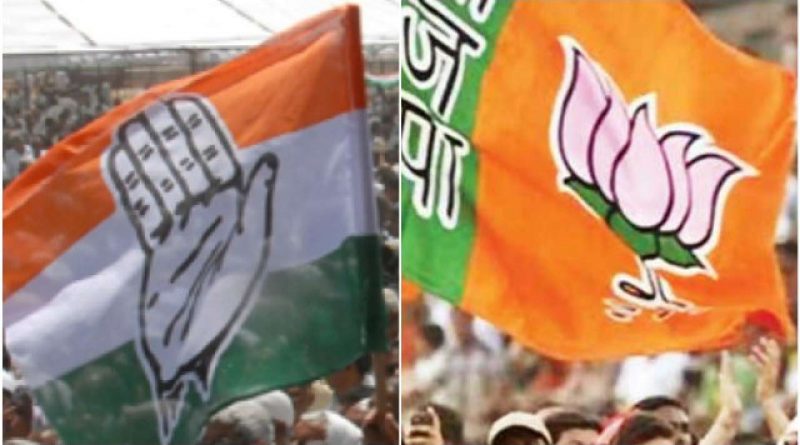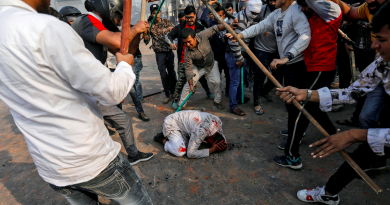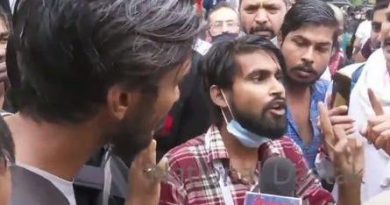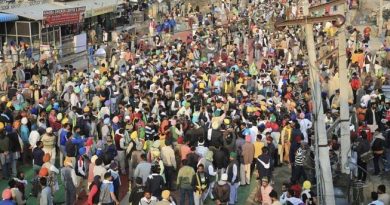| |
|---|
News Desk: After the implementation of Unlawful Activities Prevention Act (UAPA) on 102 people for reporting and writing on communal violence in the state, the Editors Guild of India on Sunday condemned the improper use of the law.

Terming it as“extremely disturbing trend”, they said “Such a harsh law, where in the processes of investigation and bail applications are extremely rigorous and overbearing, is being used for merely reporting on and protesting against communal violence”
They also said ” Government cannot use UAPA to suppress reporting on violent incidents. The Guild is of the opinion that this is an attempt by the state government to deflect attention away from its own failure to control majoritarian violence, as well as to take action against the perpetrators of this”
“Instead of punishing journalists and activists, the Tripura government should conduct a fair investigation into the violence” they added.
Urging the Supreme Court over misuse of the law, they said “Issue stringent guidelines on charging journalists under them, so that these laws don’t become an easy tool for suppressing press freedom”
Not only the Editors Guild of India, the CPI(M) and the Congress also condemned the Tripura police over misuse of the laws.
The Congress on Sunday demanded the withdrawal of cases against all those who were booked for allegedly trying to “spread communal disharmony”.
“The mosque at Panisagar was attacked by activists of VHP and houses of minority communities were vandalised by them… they should be arrested first. I do not think the lawyers, who visited the state, came with any bad intentions and did not spread any communal hatred” Tripura Congress president Birajit Sinha said on Sunday.
In a statement, the CPI(M) said on Sunday that when lawyers visited the state as fact-finders into the violence, cases were filed against them. “If they (lawyers) had done any illegal activity then normal law was enough to take actions against them, but applying such stringent acts (as the UAPA) against them is an instance of intolerance”




